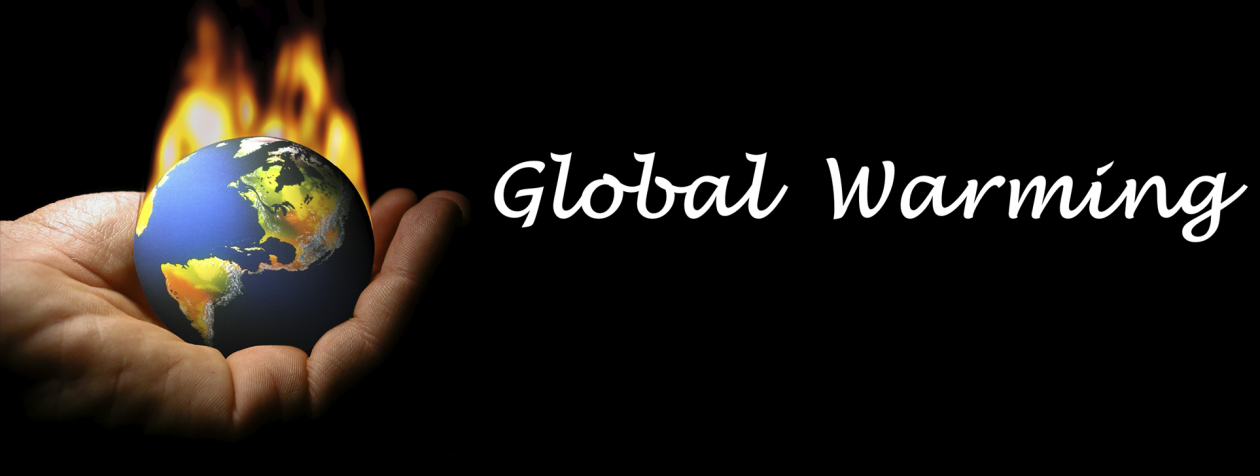Q1) Understanding Earth’s energy balance is essential to understanding the issue of global warming. For example, the solar energy striking Earth’s surface averages 168 watts per square meter (W/m2), but the energy leaving Earth’s surface averages 390 W/m2). Why isn’t the Earth cooling rapidly?
Answer: The energy leaving Earth’s surface comprises of both solar energy and energy radiated from Earth. However, the radiation from Earth is huge and trapped by greenhouse gases in the atmosphere. As a result, the earth heats up instead of cooling rapidly.
Q2) Do you think the statement made by the cartoon is justified? Explain.
Answer: Global warming leads to extreme polarities of weather differences. The people in the cartoon falsely assume that global warming only leads to heat-inducing natural processes but this is not true. Hence, snowing does not mean that global warming is not occurring. The statement made by the cartoon is not justified.
Professor’s comment: more about the differences between climate and weather.
Q3) One of the first radar deices developed during the World War II used microwave radiation of a specific wave range that triggers the rotation of water molecues. Why was the design not successful?
Answer: Due to the presence of many water molecules in the air, the microwave radiation decreases when it is ‘attracted’ by these molecules. Less radiation means that there will not be enough energy to deliver the message. Hence, the design is not successful.
Professor’s comment: water molecules will absorb microwave radiation.
Q4) Now that you have studied air quality (Unit 1), stratospheric ozone deletion (Unit 2), and global warming (Unit 3), which do you believe poses the most serious problem for you in the short run? In the long run?
Answer: In the short run, air quality poses a more serious problem for us. Pollutants in the air consists of minute particles so small that are dangerous for our health. for instance, such irritants can cause respiratory problems, which can be deadly if serious. In the long run, global warming is the most serious as its repercussions can be felt and are mostly irreversible. Rising sea levels can be detrimental to communities living in coastal areas, and can displace entire places. Agricultural produce would be affected if the global temperatures rise too high and our basic needs such as food and water would be greatly affected.
